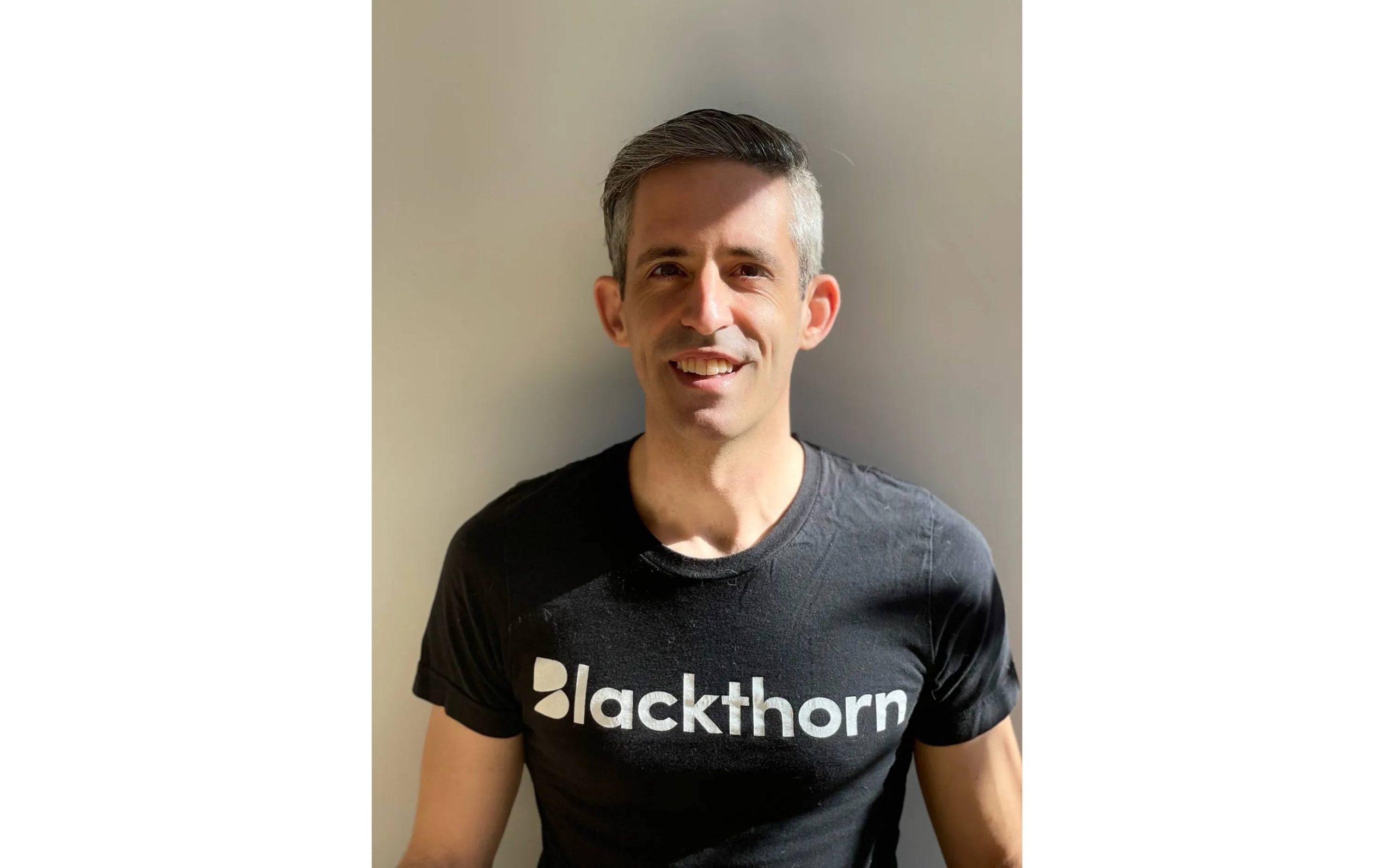 Today‘s event planners have a wealth of data at their fingertips — you might even say it‘s an overabundance. And while leveraging data during the event planning process is helpful (and necessary), it needs to be the right data, which is the data that lives within your customer relationship management (CRM) platform. The customer data and transactional history your CRM holds provide deeper insights for measuring all touchpoints and building event strategies.
Today‘s event planners have a wealth of data at their fingertips — you might even say it‘s an overabundance. And while leveraging data during the event planning process is helpful (and necessary), it needs to be the right data, which is the data that lives within your customer relationship management (CRM) platform. The customer data and transactional history your CRM holds provide deeper insights for measuring all touchpoints and building event strategies.
Revisiting first-party data generated by and collected from past events helps drive future decision-making. This data can also inform what technology to implement to deliver successful event experiences.
Here are three strategies for using insights gleaned from your CRM‘s data to inform future events.
1. Determine What Information You Need To Start Planning
The first step is to ensure you start with clean data is verifying the accuracy and recency of the information in your CRM. This includes reviewing:
- Biological data, such as names and birthdays;
- Contact information, like phone numbers, mailing addresses, email addresses and social media handles;
- History with your business or organization; and
- Companies, customer departments, industries and job titles.
Segment your audiences, especially if your company hosts multiple events targeted toward diverse audiences with different goals. Determine the event type and goals, and then use your segmentation to determine who would most benefit from attending.
2. Develop A Data-Driven Strategy With Your CRM
Next, develop your event outreach strategy. Reduce errors and maximize outreach by combining your CRM with automation tools to manage communications, marketing and more.
Individual preferences in your CRM profiles identify the communication channels your target customers prefer, whether it’s direct mail, email or social media. Customize your messaging to align with each recipient‘s preferences and use automation to streamline this process and craft relevant communications. For example, your CRM can track the following metrics and activities related to your event:
- Recruitment and registration activities and their results;
- Attendance and engagement; and
- Sponsorships, marketing and exhibitor ROI.
Leverage the attendee information you‘ve collected throughout the event planning and execution process to cultivate relationships post-event. Use your CRM to develop and implement a strategy that:
- Thanks participants for attending;
- Reconnects with customers requesting additional information; and
- Sends surveys soliciting feedback about event experiences.
3. Determine What Data To Collect & When
A CRM helps manage, analyze and gather insights from all the data you collect. That data is useful for defining event goals and guiding lessons learned for future planning.
Pre-Event:
Use the time leading up to the event to gather helpful information by customizing forms during registration to collect demographic and other relevant information.
Email campaigns generate analytics valuable for identifying the most (and least) effective CTAs. Tracking website activity, like page views, unique visitors and returning visitors, provides solid demographic metrics to guide future marketing campaigns.
During The Event:
Collect more attendee data through surveys, raffles or games, ticket add-ons and even food and drinks sold through a digital POS platform.
Surveys provide a more granular view of your customers‘ experiences, especially if you‘re hosting a multi-day event. Raffles or competitions enable you to garner current information and update your CRM.
Post-Event:
Those surveys also come in handy after the event: You can identify the more popular features and sessions that didn‘t resonate and use these insights to inform future planning.
You can also verify attendees’ preferred communication and use it to connect post-event. It‘s a good tool for soliciting quick feedback about the event and providing updates about your business and future events.
Social media remains a popular platform for encouraging interaction among customers and your brand. Create event-specific hashtags and invite your attendees to share pictures and videos of their experiences to increase engagement.
More than 63% of consumer-facing brands said their events reached 76% (or more) of 2019‘s attendance levels in 2022. The forecast for 2023 looks even rosier, with 77% of respondents in the survey rating their optimism for the events industry an Blackthorn.io. Respondents anticipate attendance to reach between 76% and 90% of pre-pandemic levels.
Your CRM does more than collect and analyze metrics for post-event reports. Capitalize on this year‘s positive outlook by leaning on your CRM and its data to plan and execute must-attend events.
Chris Federspiel established Blackthorn.io, a Salesforce-native event management app, in 2015, and currently serves as the CEO. Previously, he co-founded Plative, a CRM and ERP consultancy, as a Salesforce Systems Integrator. Additionally, he also co-founded Brainiac, an IT consulting and staffing firm.







